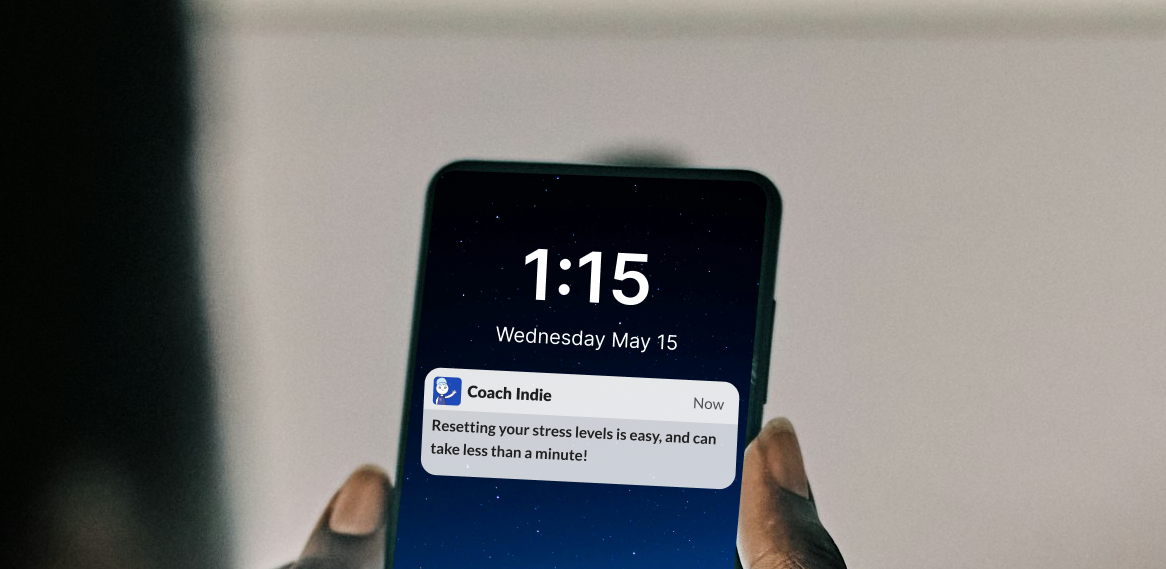Because that critical voice rarely says things that are good to us. Perhaps it has said, “You’re not good enough,” “You’re so lazy,” or even, “You’re such an idiot.”
It’s the voice of self-criticism that says things that you would never dare say to anyone else, in an effort to drive you forward or keep you safe. But does it really work?
Researchers suggest, probably not.
Neuroscientists have found self-criticism actually shifts the brain into a state of self-inhibition and self-punishment that causes you to disengage from your goals (Gilbert & Proctor, 2006). By leaving you feeling threatened and demoralized, it seems to put the brakes on you taking action and, over time, is likely to leave you stuck in a cycle of rumination, procrastination, and self-loathing.
Self-compassion as the secret to success
So what’s the alternative? Professor Kristin Neff and her colleagues (2015) suggest that tapping into your self-compassion can help you to break your entrenched patterns of self-criticism, while still allowing you to be honest about your fears. Think of your self-compassionate voice as a wise and supportive mentor who’s encouraging you to see things in a more clear and balanced way, and reminding you that no one is perfect and to be kind, understanding, and accountable to yourself.
Instead of taming, shaming, or blaming these voices for undermining your confidence, self-compassion has been found to help reduce our levels of stress, anxiety, and self-doubt by allowing you to see them for what they are—just stories about the things you fear, and not the truth about who you are or what you’re capable of. It helps to activate our brain’s care-giving and self-awareness systems, making it easier to believe that you are capable and worthy, making you less self-conscious, less likely to compare yourself to others, and less likely to feel insecure.
And far from being self-indulgent or “soft,” the deliberate use of self-compassionate talk has been found to be an effective means of enhancing your motivation, your performance, and your resilience.
You can practice self-compassion in the following ways:
-
Talking to yourself like a wise friend - Instead of beating yourself up next time you make a mistake, face failure, or just lack the motivation to get something done, try talking to yourself like a wise and kind friend or mentor would in that moment. What might they ask you? What advice might they give you? What strengths might they point you towards?
-
Watching your language - You may be so used to criticizing yourself that you don’t even realize you’re doing it. Try to pay particular attention to the words you use when you speak to yourself. If you wouldn’t say the same things to someone you care about, then you’re being self-critical.
-
Comforting yourself with a physical gesture - Kind physical gestures have an immediate effect on our bodies, activating the soothing parasympathetic system. To get away from the stories in your head and drop into your body, try putting your hands over your heart or simply placing one hand on top of the other in a comforting way.
So the next time you notice self-criticism creeping in at the first sign of struggle, Indie can help you playfully experiment with a healthy dose of self-compassion instead? Curious? You should be (that's the positive voice speaking now!).






